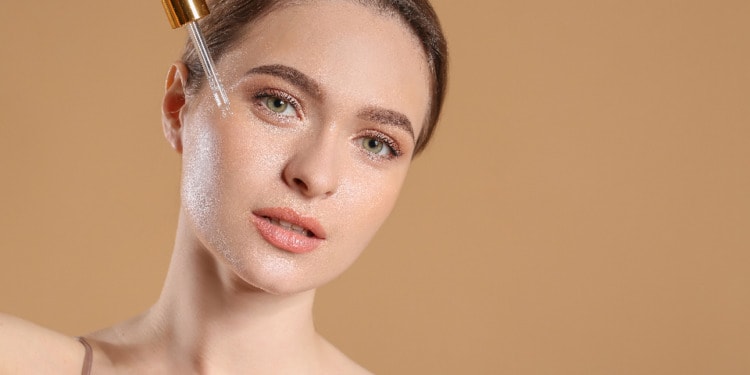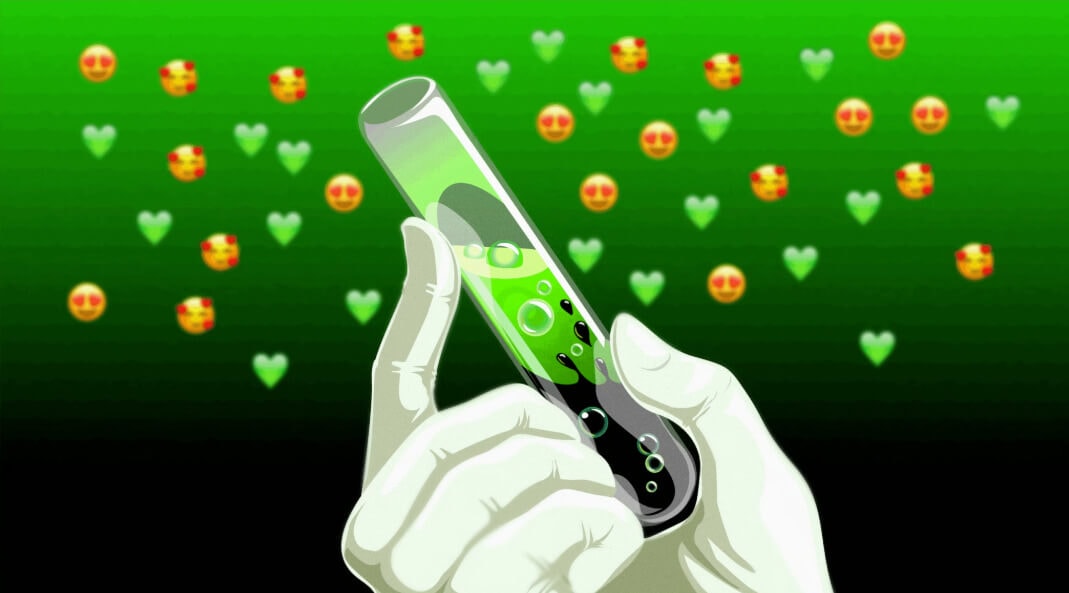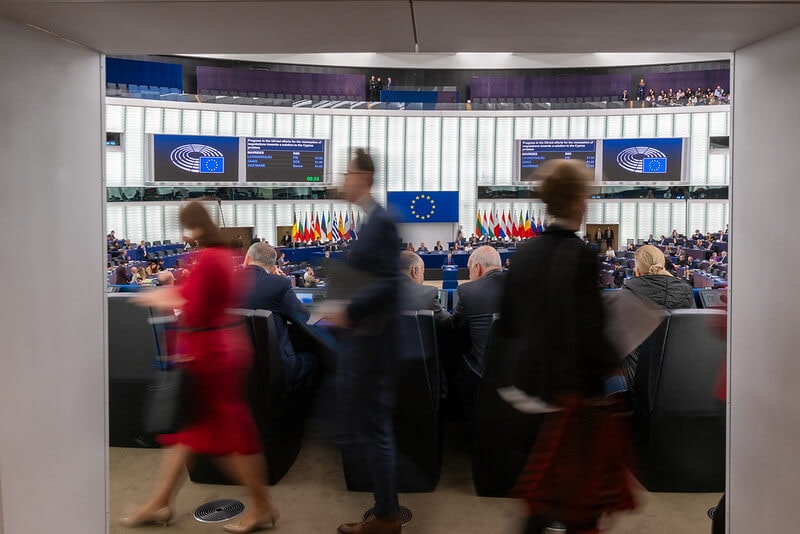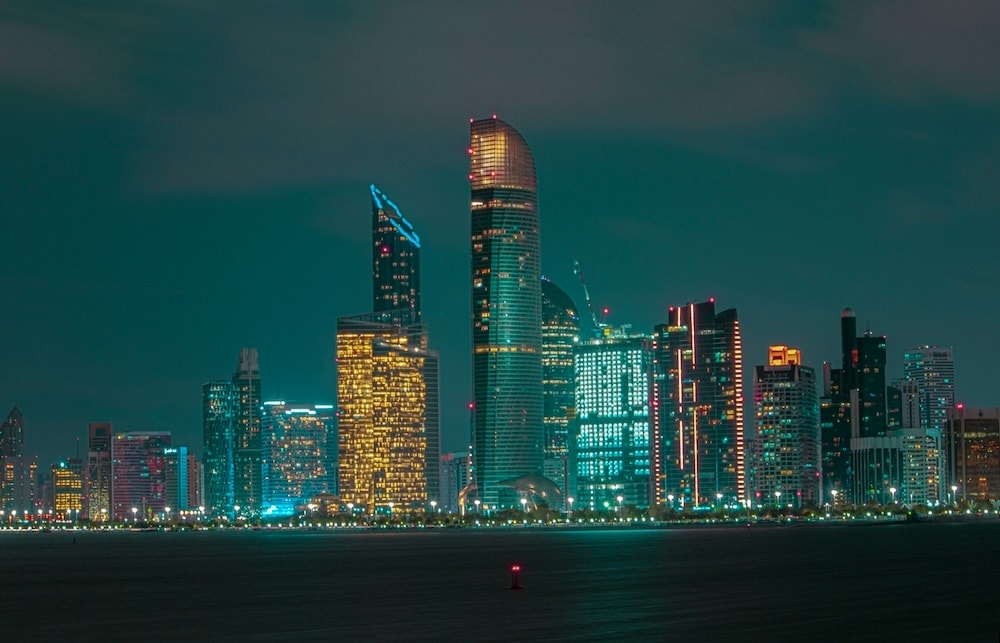Nowadays, people all across the world are influenced by the beauty industry. While the cosmetics market permeates all walks of life, it has several issues, such as the negative effects it has on psychological well-being and subpar quality items.
Many of us are unaware of the synthetic chemicals we slather onto our skin when it comes to personal care items. The unfortunate truth is that not all components are pure, especially in mass-produced brands we find in the supermarket. Some are progressively harming our bodies, hastening the aging process, and, worst of all, endangering our health. These harmful beauty products attempt to imitate Mother Nature by using inferior, synthetic ingredients that façade claiming it as “natural,” “pure,” and, most concerningly, “safe.”
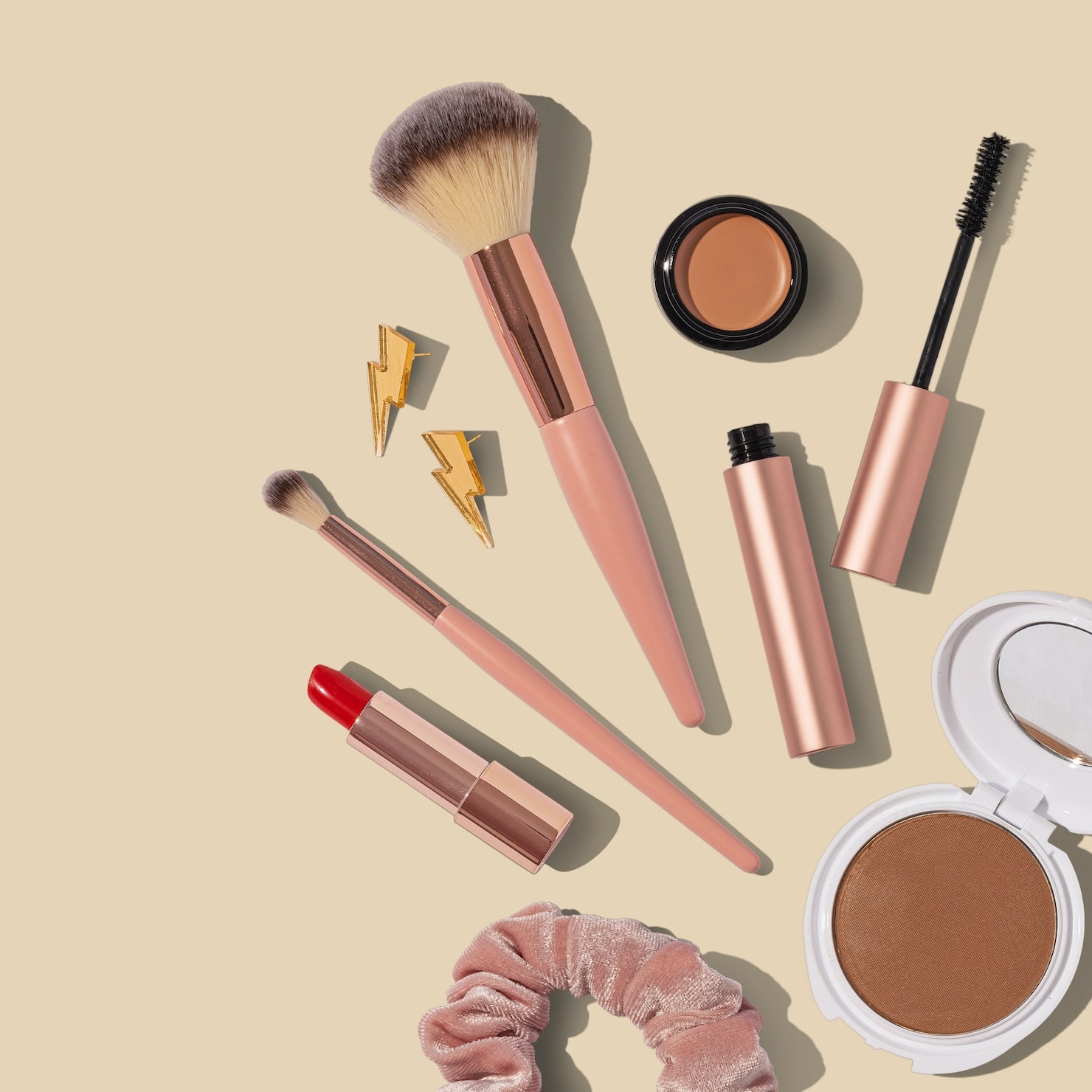
The system as a whole is defective. Because regulations can’t keep up, big cosmetic corporations can get away with using cheap unqualified synthetic substances with recognised health concerns. Consumers are unconcerned about indecipherable ingredient listings on personal care items. On many levels, this is a bad situation.
That’s why we’re spilling some tea on some of the beauty industry’s shortcomings, such as the worst offenders among synthetic chemical offenders and what beauty businesses in the industry are actively trying to keep from you.
The Pursuit of Physical Perfection
Realistic portrayals of beauty are rarely promoted in advertisements for products sold in beauty supply stores, fashion publications, or on social media platforms.
When it comes to professional photoshoots and editing, the standard for beauty is spotless, wrinkle-free skin without a hint of imperfection.
A recent study conducted by a faculty member of the National University of Life and Environmental Sciences of Ukraine highlighted the connections between the ideal of female beauty, psychological well-being, and Jungian archetypes. “Exposure to visual media presenting idealized faces and bodies promotes a negative or distorted self-image,” the study concluded. Mental health problems like body dysmorphia, social anxiety, low self-esteem, psychological stress, eating disorders, and more have been linked to prolonged exposure to excessive beauty standards.
Greenwashing is Real.
Some of the marketing jargon used on product labels is extremely broad and can easily mislead consumers. Because labels are not adequately regulated, marketers are able to add persuasive spins on the package, leading us to believe that a “natural” beauty product is actually harmful to our health when in fact it is just the opposite.
Be wary of the tactics used to trick us into believing something is safe just because it has a certain label, as products labeled “natural,” “pure,” “organic,” or “additive-free” may still contain a long list of chemicals.
Look for businesses that are honest about the ingredients in their goods and who have a sincere interest in helping their clients enjoy a shopping experience that is free of harmful chemicals and other toxins. It could be helpful to begin with this directory of “greenwashing” businesses.
Too Cool For Rules
Many of the issues plaguing the beauty industry, particularly in the United States, may be traced back to a lack of regulation. With the exception of color additives, “the law does not require FDA approval of cosmetic items and substances” (FDA).
This is an insanely worrying sign; our cosmetic beauty products contain no controlled substances.
In the EU, this is a different case. All the toxic compounds are only allowed in certain conditions such as for coloring and UV preservatives. According to the EU Cosmetics Regulation, all cosmetics products must be prepared in compliance with the harmonized standards outlined in GMP, which is defined in the Official Journal of the European Union that guarantees that all the cosmetics are produced in a clean environment and are not contaminated throughout the manufacturing process.
However, the UK Cosmetic, Toiletry and Perfumery Association (CTPA) added that there are still some considerable differences between EU and UK regulations in cosmetic ingredients. So watch out where your cosmetics come from!
A Literal Chemical Disaster
The beauty industry has many flaws, including chemical-laden products, inadequate ingredient labels, and concealed substances. The primary cause of these issues is the absence of regulation as we have mentioned.
Companies may get away with using harmful chemicals in their products and using nebulous terms like “fragrances” to describe them because of the lack of oversight. It is crucial to complete your research before using a substitute for a product you know is toxic, as it may be just as dangerous.
According to a study by EWG, a woman puts more than 150 chemicals on her body every day and since our skin absorbs everything, this is a red flag.
A Safe Approval Doesn’t Always Mean It’s Safe For Use
When shopping this Christmas, it might be difficult to distinguish truth from lies in the beauty market. Every year, companies spend billions of dollars trying to convince us that the mysterious product is sponsored by an ideal perfect face from some celebrities that will make our lives better and our skin more radiant. Well, it’s good to avoid falling for their ruse. Learn as much as you can about the substances you put on or in your body, and choose wisely.
Editor’s Note: The opinions expressed here by the authors are their own, not those of Impakter.com — In the Featured Photo: Beauty Skincare Free. Featured Photo Credit: Stocksnap.io


